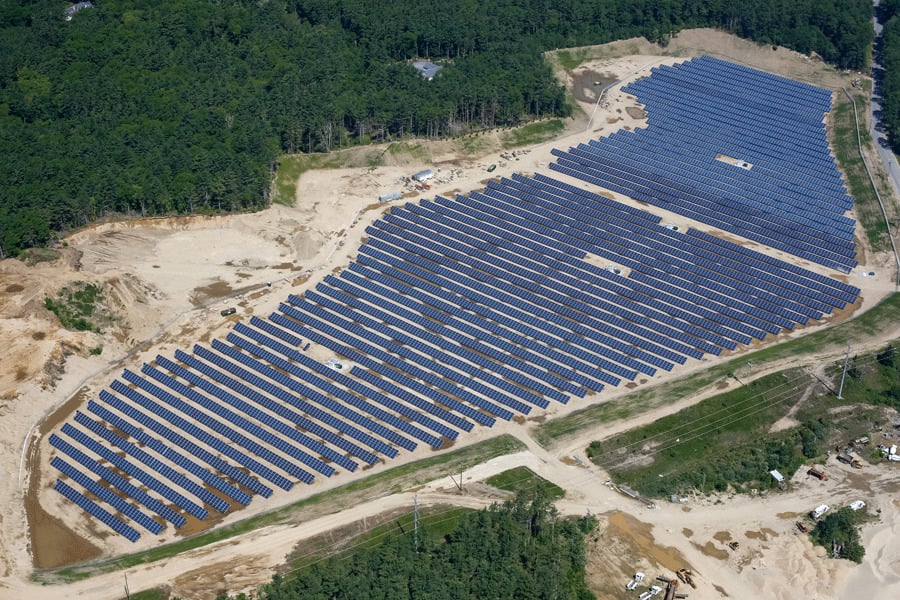
The American National Standards Institute (ANSI) has allowed the Solar Energy Industries Association (SEIA) to develop 11 new standards governing solar generation and battery storage in the US.
The SEIA is the solar power trade body in the US, and has considerable influence over the US solar sector, so the implementation of new industry standards could be significant. The 11 standards will cover a range of aspects of the solar industry, and set rules for companies to abide by.
Try Premium for just $1
- Full premium access for the first month at only $1
- Converts to an annual rate after 30 days unless cancelled
- Cancel anytime during the trial period
Premium Benefits
- Expert industry analysis and interviews
- Digital access to PV Tech Power journal
- Exclusive event discounts
Or get the full Premium subscription right away
Or continue reading this article for free
“As the solar and storage industry rapidly grows, managing our growth must be a top priority” said SEIA president and CEO Abigail Ross Hopper. “Responsible industries set the bar for guidance on safety, sustainability and ethics, and we are proud to lead the clean energy sector into an era of compliance and maturity that instils confidence in customers, lawmakers and other critical partners.”
Concerning equipment and machinery, there will be new standards for tracing the supply of minerals across the supply chain, guidelines for the decommissioning of equipment, minimum requirements for recyclers and rules concerning how best to manage solar facilities at the end of their operating lives. Regarding installations, the rules will set requirements for residential and commercial and industrial installation, and providing training to workers responsible for installing new projects.
Many of the standards will target training in particular, with rules for installer training with regard to health, safety and the environment and requirements for technician training in the operations and maintenance sector. The SEIA also plans to implement a standard to protect consumers by ensuring they receive “truthful advertising, contracts with key terms and [are] treated reasonably before and during the sales process,” according to a document submitted to the ANSI.
This could be of particular importance in the solar sector, where the existence of residential solar systems means that customers can be both consumers and producers of solar power. Ensuring that those who install residential systems are treated fairly, and feel like active participants in the industry, could be vital to the long-term health of the sector.
The standards themselves are subject to change, with the SEIA having submitted draft proposals to ANSI, but planning to implement a “multi-step consensus process” through its standard technical committees to finalise the details.
These committees will first work on the supply chain traceability standard, which is of particular importance considering the relative rarity of minerals such as silicon that are required for solar panel manufacturing. With the US putting greater emphasis on domestic manufacturing through the Inflation Reduction Act, ensuring manufacturers have access to a transparent and fair global supply chain will be vital.
The news follows the US Council on Environmental Quality looking to streamline the permitting process for new renewable power facilities, as the US looks to reinforce its clean power industries.






